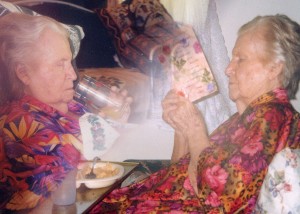 Trustworthy Support Groups and Online Medical Sites.
Trustworthy Support Groups and Online Medical Sites.
It is imperative to find trustworthy support groups and online medical sites. Coping with changes identified in your loved ones’ home, or effectively help others cope, calls for a strong support system.
Caregiver or not, we need support. Example, which of the following has affected your family or friends: Dementia, Alzheimers, Death, Alcohol, Suicide, Chronic Pain, ADHD, Aging Parents, Depression, Narcotics, Eating Disorders, Sexual Abuse, Divorce.
Some support may come from those around you.
#1 A support group needs to be trustworthy and confidential. Having a group you have confidence in enables you to relate your true feelings and share more honestly about your unique situation.
#2 The best support will come from others who have traveled that road before. When that person holds your hand and says, “I understand,” you can know they really do.
#3 Hearing the experiences of others in a given situation will help you better understand your circumstances. Actions and reactions which seem foreign to you right now may be normal for a person suffering or struggling with certain issues.
#4 Local support groups offer help and hope in a more personal, long term environment. If there is none available, consider starting a group. Simply find two or three others going through the same situation and plan to meet for about an hour once or twice a month.
#5 Online support groups for family and friends are a great place to start your search. Look for blogs or discussion boards on the particular area you are dealing with.
A word of caution here-while online sites can offer ready help and suggestions, filter any changes through your medical team or reliable agency such as Mental Health America, Alzheimers Association, CAPS (Children of Aging Parents) or other appropriate group.
After searching through pages of information and online sites, I would recommend http://www.mentalhealthamerica.net/go/find_support_group as a good place to begin your search. There you will find a lengthy list of support groups as well as helps.
Another website that may offer help depending upon your location is www.healthfinder.gov. I researched our local hospitals on this site. I also found valuable information on several health-related issues.
Make sure the sites you are searching are updated regularly so you get the latest information.
Remember to call upon the Great Physician for wisdom and direction. We read “Call upon me and I will answer thee … ” in Jeremiah 33:3.
Hugs,

Have you purchased a copy of the 2nd edition of MY MOTHER MY CHILD? I am getting great comments from those using the discussion guide at the end of each chapter. Let me hear from you.


